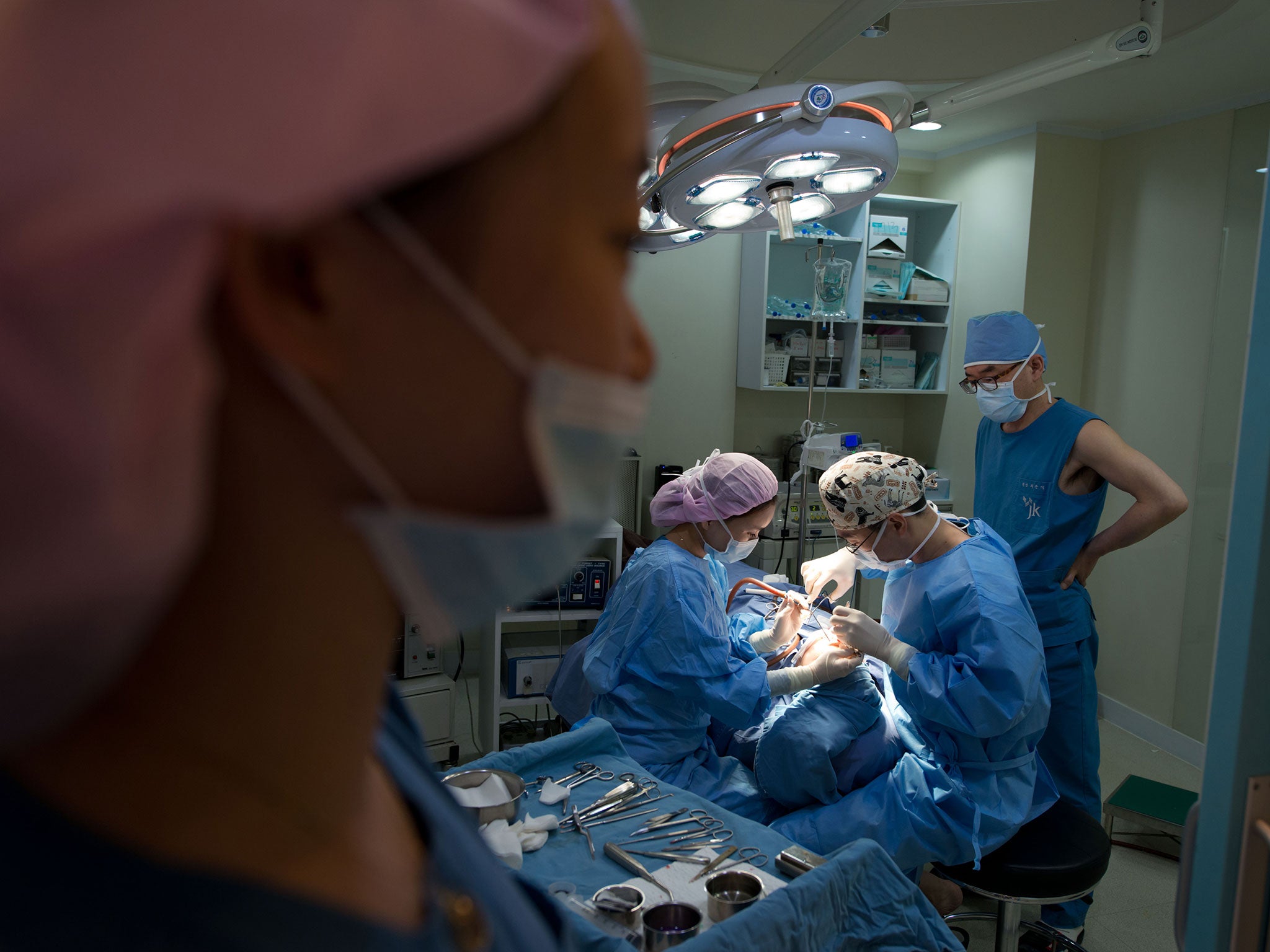Woman left with temporary kleptomania after brain damage during cosmetic surgery operation in Brazil
A study of her case found the compulsion lasted several weeks after the operation

Your support helps us to tell the story
From reproductive rights to climate change to Big Tech, The Independent is on the ground when the story is developing. Whether it's investigating the financials of Elon Musk's pro-Trump PAC or producing our latest documentary, 'The A Word', which shines a light on the American women fighting for reproductive rights, we know how important it is to parse out the facts from the messaging.
At such a critical moment in US history, we need reporters on the ground. Your donation allows us to keep sending journalists to speak to both sides of the story.
The Independent is trusted by Americans across the entire political spectrum. And unlike many other quality news outlets, we choose not to lock Americans out of our reporting and analysis with paywalls. We believe quality journalism should be available to everyone, paid for by those who can afford it.
Your support makes all the difference.A woman who underwent cosmetic surgery in Brazil woke up with kleptomania, a medical study has found.
The 40-year-old patient, who had no history of mental illness or substance abuse, underwent liposuction, breast enlargement, a tummy tuck and arm lift but left the operating table with unexpected side effects.
Dr Fábio A Nascimento, a neurologist from the University of Toronto, wrote that over the following days she “started experiencing recurring intrusive thoughts and an irresistible compulsion towards stealing as well as feeling relieved after the act”.

The woman was diagnosed with kleptomania or impulse control disorder but the urges disappeared weeks after the surgery.
She was caught stealing on at least one occasion, Live Science reported, but was released after doctors explained she had a temporary psychiatric condition.
According to findings published in the BMJ Case Reports journal, other symptoms included drowsiness, disorientation, apathy and memory loss associated with brain damage.
Tests confirmed that the patient had sustained a hypoxic-ischaemic brain injury caused by oxygen deprivation during surgery.
Dr Nascimento told Quartz that it could have been caused by deliberate hypotension, where surgeons lower a patient’s blood pressure before surgery to reduce bleeding.
“Given that the brain has high energy demands…we believe that this deliberate hypotension resulted in inadequate blood flow to her brain,” he added.
He and three other researchers from the Neurological Institute of Curitiba in Brazil found the kleptomania was most probably caused by the “failure of inhibition from the caudate nuclei over the circuitry involving the cingulate gyri and frontal areas”.
The study concluded that although the brain is able to heal itself and re-establish the connections, kleptomania can be one of the results of such damage.
Join our commenting forum
Join thought-provoking conversations, follow other Independent readers and see their replies
Comments